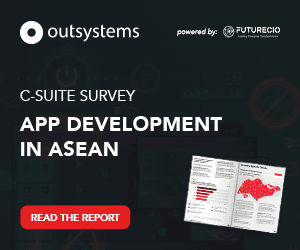ABI Research estimates that in 2021 the worldwide installed base of mobile citizen credentials reached 319.1 million and increased to 419 million in 2022, demonstrating a YoY growth of 31%.
As the COVID-19 pandemic continues to push governments toward the smartphone as a platform to create end-to-end touchless service experiences through contactless technologies, the mobile identities (mID) market is seeing uptake across all credential applications, excluding passports.
“The mobile identities market is continuing to sport strong growth as the effects of the COVID-19 pandemic remain. New tenders are continuing to be announced. Between 2022 and 2023, South Korea, South Africa and the UK will either introduce or trial mobile driver’s licenses,” said Sam Gazeley, digital security analyst at ABI Research. “As it relates to National ID, the mobile form factor continues to dominate, with the application occupying 82% of all mobile identities in circulation in 2020.”
Fuelling mID adoption
There will be a triumvirate of mobile identities applications which will provide a growth trajectory over the forecast period ending 2026.
Mobile driver’s licenses will land at 49.6 million credentials in 2021, owing to success to several projects such as a pilot currently operating in the United States.
Similarly, in 2022, the Brazilian digital driver’s license will begin, with a good level of uptake expected among the population.
Mobile National IDs in circulation will land at 255.4 million, making it, by far, the most widespread mobile citizen credential and will continue to lead the mobile identities sphere at least through 2026.
Finally, Mobile healthcare credentials continued to gain traction in 2020 in the wake of the COVID-19 pandemic, with an Australian mobile healthcare program that allows citizens to store their healthcare cards in a digital wallet.
Many regions tend to integrate mobile healthcare with mID (such as in Estonia), meaning penetration rates can be low in some regions. Mobile healthcare credentials arrived at 6.5 million credentials in 2020, increasing to 13.1 million in 2021.
Gazeley noted that one key fact that is important to mention here is that the growth in mobile identities was already occurring prior to COVID. The pandemic simply accelerated the growth in the market.
Several projects around the globe are starting to launch and those already in issuance are seeing a significant uptick in adoption. This has come about as governments are looking to provide an end-to-end touchless experience for citizens.
More governments are starting to see that the reduction of physical interactions can be achieved through digitization and that providing as many services as possible without the need for physical interaction or in-person appointments is another tool governments have at their disposal to fight the spread of COVID-19.
“Not to mention that a lessened reliance on physical documentation may be necessary over the next few years as the chipset shortage may mean that not all demand for citizen credentials can be met,” concludes Gazeley.




